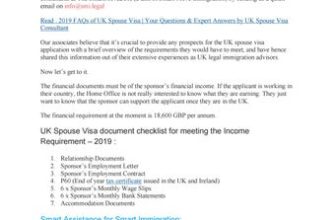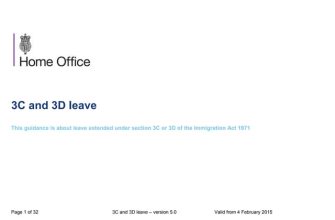The UK’s Good Work Plan is a comprehensive response to the Taylor Review of Modern Working Practices. It sets out the government’s vision for the future of the UK labour market, aiming to improve the quality of work in the UK. The plan introduces a range of measures to ensure workers can access fair and decent work, that both employers and workers understand their rights and responsibilities, and that the enforcement system is fair and fit for purpose. As an employer, it’s crucial to understand the Good Work Plan and ensure your business is compliant. This guide will help you navigate the key aspects of the plan and understand what you need to do to meet its requirements.
Understanding the Good Work Plan
The Good Work Plan was introduced in December 2018, with the aim of improving working conditions for all types of workers, including those on flexible or zero-hour contracts. The plan is based on the principles of fair and decent work, clarity for employers and workers, and fairer enforcement. It introduces a range of measures, including increased fines for employers who breach their obligations, a right for all workers to request a more predictable and stable contract, and a commitment to improve the clarity of employment status tests.
Key Changes Introduced by the Good Work Plan
The Good Work Plan introduces several key changes that employers need to be aware of. These include:
- Changes to written statements of employment particulars: Employers are now required to provide a written statement of employment particulars from the first day of employment, rather than within two months as was previously the case. This statement must include additional information, such as any terms and conditions relating to hours of work, entitlements to paid leave, and details of probationary periods.
- Changes to agency work: The ‘Swedish derogation’, which allowed agencies to pay agency workers less than their permanent counterparts, has been abolished. Agencies are now required to provide agency workers with a ‘Key Facts Page’ before agreeing terms.
- Changes to holiday pay calculations: The reference period for calculating holiday pay has been extended from 12 to 52 weeks, to ensure that workers who do not have a regular working pattern are not disadvantaged.
- Changes to the rules on continuity of employment: A break of up to four weeks (rather than one week) between contracts will not interrupt continuity of employment, making it easier for workers to accrue employment rights.
Ensuring Compliance with the Good Work Plan
As an employer, it’s crucial to ensure your business is compliant with the Good Work Plan. Here are some steps you can take:
- Review your employment contracts: Ensure they include all the required information and are provided to new employees from their first day of employment.
- Review your agency worker arrangements: If you use agency workers, ensure you understand the changes to the rules and that your agency is providing workers with a Key Facts Page.
- Review your holiday pay calculations: Ensure you are using the correct reference period and that workers are receiving the correct amount of holiday pay.
- Understand the changes to continuity of employment: Ensure you understand the new rules and how they may affect your workers’ rights.
Penalties for Non-Compliance
The Good Work Plan introduces tougher penalties for employers who breach their obligations. Employers who fail to pay employment tribunal awards or settlements could face penalties of up to £20,000, up from £5,000. The government has also committed to naming and shaming employers who fail to pay employment tribunal awards. It’s therefore more important than ever to ensure your business is compliant.
Conclusion
The Good Work Plan represents a significant shift in the UK’s employment law landscape, with a focus on improving the quality of work and ensuring fair treatment for all workers. As an employer, it’s crucial to understand the changes introduced by the plan and ensure your business is compliant. By doing so, you can help to create a fairer, more inclusive workplace and avoid potential penalties.









